11, October 2020
Ivory Coast opposition rallies against president’s third term bid 0
Thousands of opposition supporters have rallied in Abidjan to protest against Ivorian President Alassane Ouattara’s plan to seek a third term, as tensions rise in the lead-up to the country’s high-stakes election.
Three weeks before the October 31 vote, some 20,000 people made their way into a stadium in Ivory Coast’s commercial capital by early afternoon on Saturday, with some holding banners reading: “The people say no to an illegal third term.”
Ouattara, 78, announced in August he will seek another term after the sudden death of his handpicked successor the previous month created a leadership vacuum at the governing RDHP party.
The president’s decision infuriated the opposition who says Ouattara is violating the constitution by seeking another term. Ouattara, in power for a decade, says a 2016 constitutional change means his two-term limit has been reset.
The constitutional council has cleared him and three other candidates to run, including 86-year-old former President Henri Konan Bedie. Those barred include Ouattara’s predecessor Laurent Gbagbo and former rebel leader and Prime Minister Guillaume Soro, both of whom played key roles in a crisis that claimed more than 3,000 lives after disputed elections a decade ago. Both men are living outside the country but retain powerful support at home.
More than a dozen people have been killed in violent protests in recent weeks, sparking memories of the 2010-2011 civil war that broke out when Gbagbo refused to stand down after the electoral commission declared Ouattara the winner.
Opposition figures have called for a civil disobedience campaign and for the election to be postponed, but have stopped short of saying they will boycott the poll, while the RDHP has said the election will take place regardless of whether they participate.
Protester Bohui Armel said the people taking part in Saturday’s rally wanted “to simply to say no to Ouattara’s third term”.
“This is not a political party story. It is not a story of sympathisers but it is a story of the people of Ivory Coast who want to claim their freedom.”
“My advice to President Ouattara is that Ivorians should sit down to discuss. We want peace. We don’t want war,” Eve Botti, a supporter of the FPI opposition party, told the Reuters news agency.
The polls are seen as the biggest test yet of the tenuous stability achieved in the world’s top cocoa producer since the post-election violence that engulfed the country a decade ago.
“This is an extremely big test for Ivory Coast,” Jessica Moody, a researcher in the Department of War Studies at King’s College London, told Al Jazeera last month. “There is a high risk that the election will be contentious and will send the country back to war.”
Amid the rising tensions, envoys from the Economic Community of West African States (ECOWAS) regional bloc, the African Union and the United Nations headed earlier this week to Abidjan where they met officials, the opposition and members of the civil society.
“The joint mission expressed deep concern over the lack of trust among Ivorian political actors,” according to a joint statement from the delegation led by Shirley Ayorkor Botchwey, Ghana’s foreign minister and current chair of the ECOWAS council of ministers.
The delegation “strongly condemned the acts of violence and hate speech with ethnic overtones, which have unfortunately entered the field of political competition and are likely to have a negative impact on the progress made so far in the country”. it said.
This week’s mission was the second by the UN’s special envoy for West Africa, Mohamed Ibn Chamba, who last month called for a “peaceful, inclusive, transparent and credible presidential election” after meeting with President Ouattara.
The International Crisis Group last week called for the election to be postponed and for ballot preparations to be overhauled.
“The chances of this election spawning a serious crisis are high,” the independent think-tank said.
SOURCE : AL JAZEERA AND NEWS AGENCIES

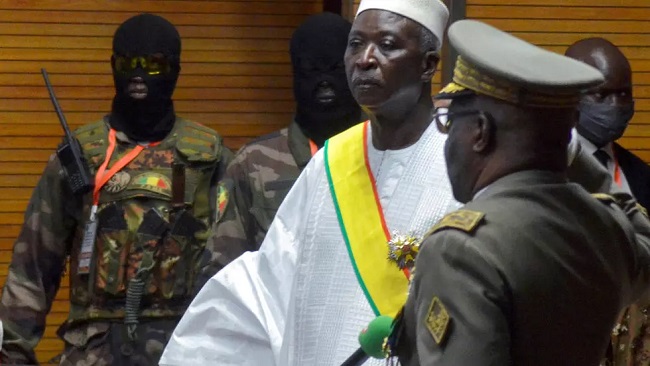
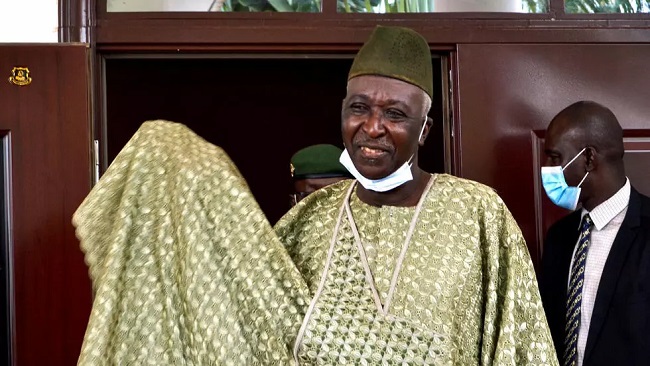
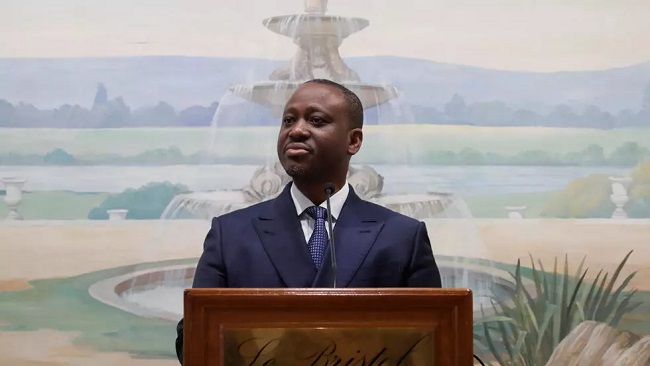

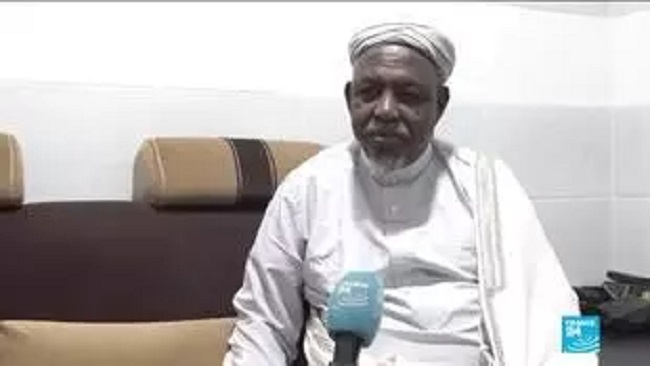
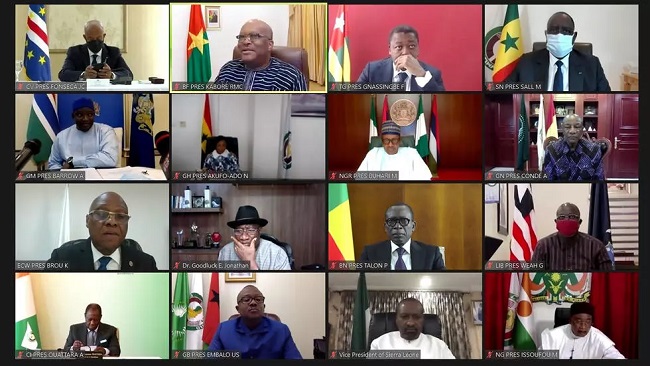


















11, October 2020
Ghanaian President Nana Akufo-Addo on an ECOWAS Mission in Mali 0
The President of Ghana, Nana Akufo-Addo, who is also the current President of Economic Community of West African States (ECOWAS) is on a mission of the 15 nation-bloc in Bamako.
He was received by the transitional president Bah Ndaw on Sunday to take stock of the political transition and discuss the next steps to ensure that the deadline of the eventual election is met.
All activity is towards regional solidarity with the now embargo-free Mali still regrouping post-coup d’état August.
The Ghanaian president is the first head of state to visit the West African nations since the ECOWAS-imposed sanctions were lifted.
Source: Africa News